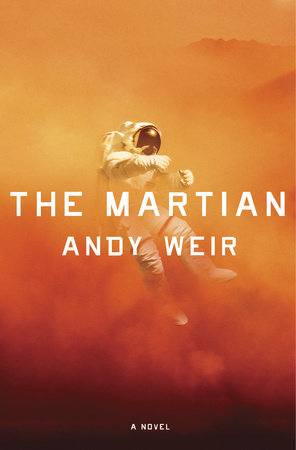
We’ve all heard about the self-publishing revolution in books in the last few years with Amazon Kindle and all the other e-readers and websites. I was watching a BBC documentary called ArtsNight last week and the presenter made an interesting point: punk rock bands were the first indie authors. They learned their three chords, set up their own bands and, in some cases, record labels and self-published their own music. They took control of their own destinies in the same way novelists did recently. Even the punk fanzines were do-it-yourself wonders; stapled together, photocopied and distributed through record stores, mailing lists, by hand and by word-of-mouth in those pre-pre-internet days.
It’s a very cogent analogy. As with the self-published books, some of the DIY punk music that was put out was awful, but some of it has reached classic status in hindsight. Self-publishing until recently was called “vanity publishing,” but writers were no longer prepared to sit on their hands waiting months for a form rejection letter. They too seized their own destinies through the technology that was around them and turned the publishing industry on its head.

Movies are even being made from self-published books for the first time like Ridley Scott’s The Martian starring Matt Damon and a future fantasy film that 20th Century Fox has purchased the rights to called Fall of Gods (even after that movie deal was signed, the book was taken down from Amazon due to formatting issues, the bane of indie authors everywhere. Luckily, it didn’t impact on the movie deal and Fox could see the merit of what was there despite the flaws.)

Punks and indie authors are strange bedfellows indeed, but both groups were and are pioneers in their fields. While the punk movement didn’t manage to overthrow the mainstream in the same way hippies in the previous generation hadn’t, they democratised their art form and showed others what was possible with self-belief and a little effort. Just as indie authors did. The shockwaves of the indie author revolution are still spreading out from the epicentre and nobody really knows where it will stop or what comes next. The most important thing is that books that would have gathered dust in drawers and on hard drives and memory sticks are now finding a worldwide audience. That can only be a good thing.
© Stewart Stafford, 2016. All rights reserved.






